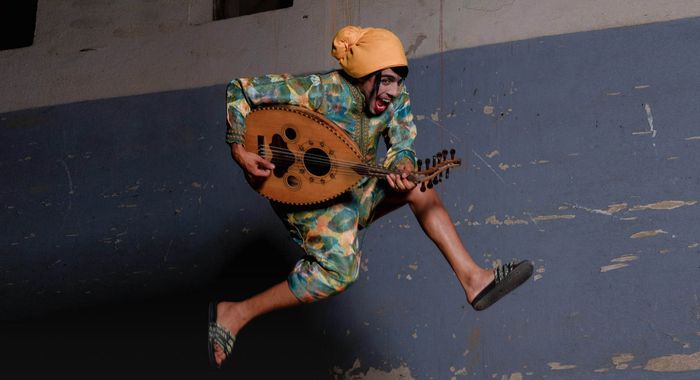Migrants in Limbo
Migrants in Limbo was a series completed in 2021, where I had the honour of reconnecting with my community whilst discovering the individual voices of the Kurdish diaspora. This series intended to explore the stories of Kurdish refugees and displaced individuals living through lockdown, and the growing struggles they continued to face during the pandemic. I hoped to discover the lost moments of interacting and connecting with others during that time, and I believe that this project allowed me to unravel and share the vulnerable truths of individuals from my community. The series depict different stories shared by Kurdish migrants based in Britain that I had been grateful enough to document, encounter and connect with. The portraits and writings considered not only the isolation each of them faced, but also the strength they gained. Only a few of many, these stories were able to just about scratch the surface of the unsettling immigration structures we face as humanity. For this project, a personal aim was to reconnect with my community as I explored journalistic storytelling that could interconnect with visual paintings. This series was subsequently commissioned and featured in the 2021 Shubbak Festival exhibit Sawa Sawa as part of their celebration of artists from the MENA region. ~ I would like to extend my highest admirations and appreciation to Haval, Amir and Awara in being brave enough to replay their trauma and share their story in dedication for this project. I am in awe of your strength, resilience and everlasting hope. I would like to pay my most respectful thanks and gratitude towards community activist and friend Ata Mufty for all of his insight, wisdom and liaison services in this project. Most humble thanks to Muhsin Hama and the team at Freedom Solicitors for their endless journey in giving hope to the hopeless and providing me with a better understanding of the plight migrants go through.
